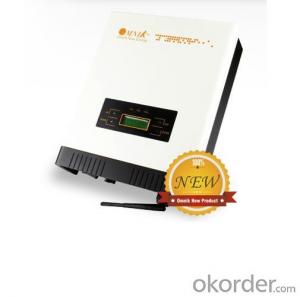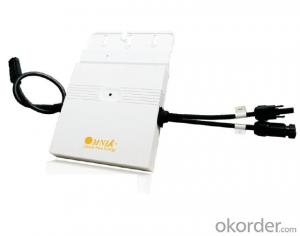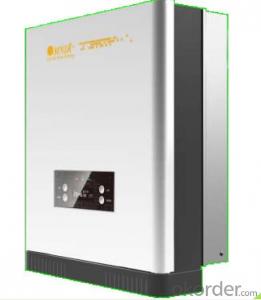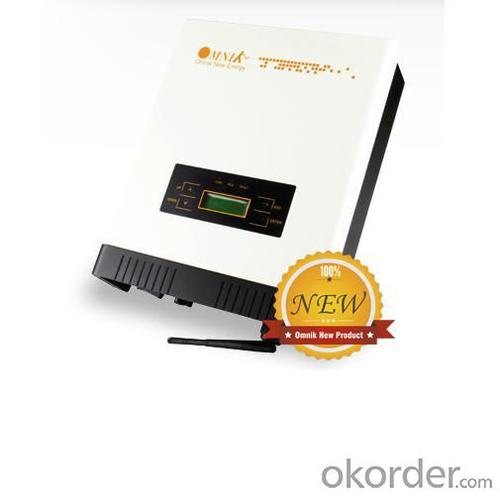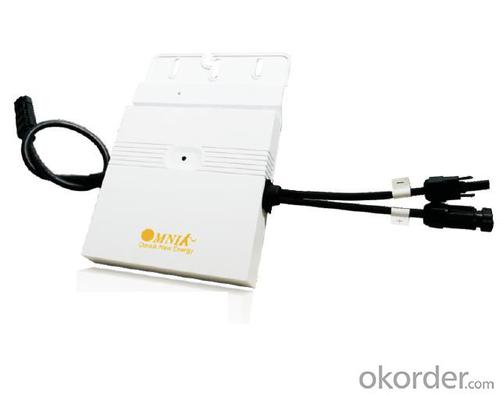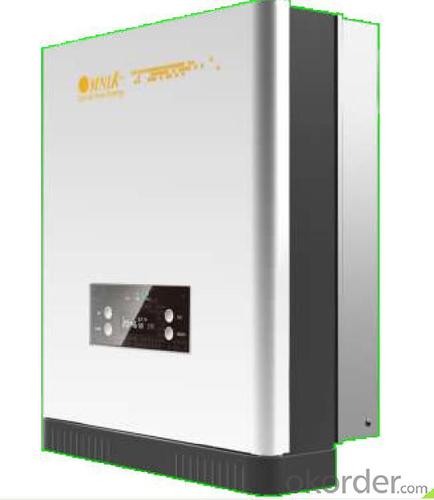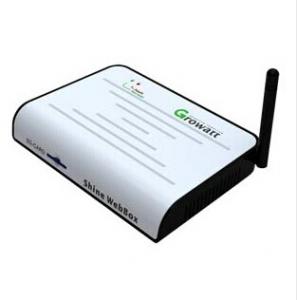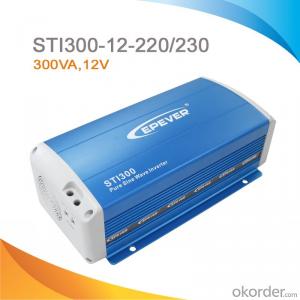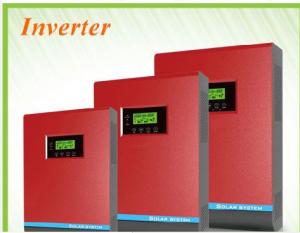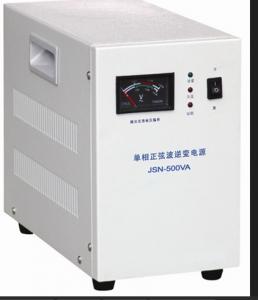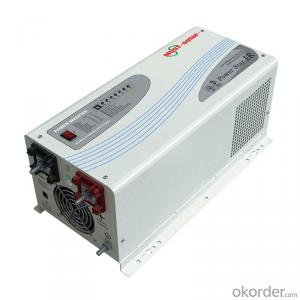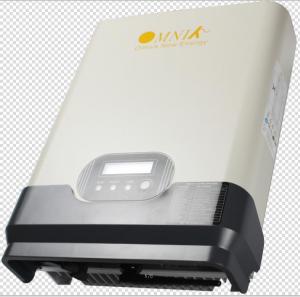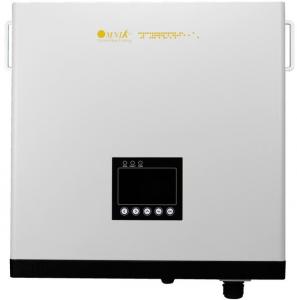500W On Grid Solar Inverter Omniksol-1.5k-TL2
- Loading Port:
- Shanghai
- Payment Terms:
- TT OR LC
- Min Order Qty:
- 12 pc
- Supply Capability:
- 3000 pc/month
OKorder Service Pledge
OKorder Financial Service
You Might Also Like
Omnik new energy solar inverter
Omniksol-2.0k-TL Photon Efficiency up to 3kW
in the world------ Photon tested Jan. 2012.
Omniksol-1.5k-TL2
1.Futures
Built-in GPRS as option
Built-in Wifi as option
External inductor and built-in fan
smaller and lighter, 2k only 9.6kg
High performance DSP for algorithm control
VDE-AR-N 4105 certification
Self-developed topology design
Multi-button touch interface
LCD screen visible at night
10 years warranty(5~15 years as option)
2.Technical data:
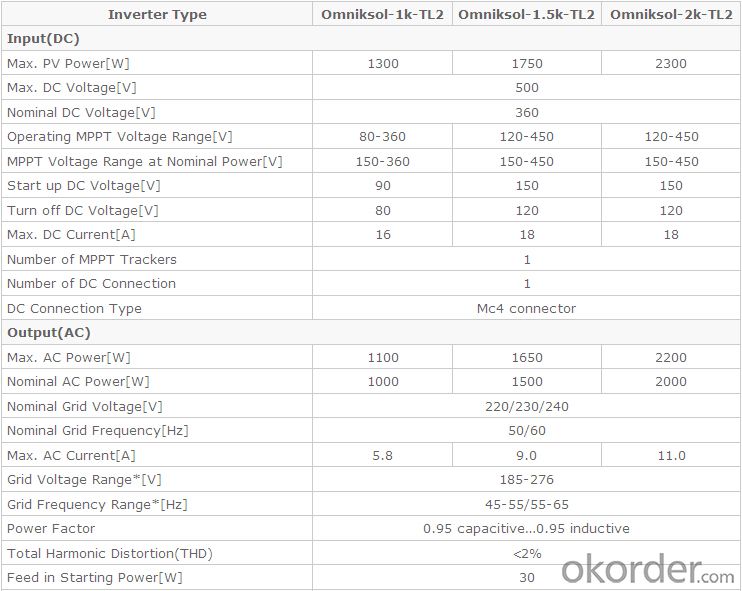
3.product certification'
EN 61000
VDE 0126-1-1
C10/11
G83/2
UTE C15-712-1
AS4777
CQC
CE10-21
EN50438
4. product outlook
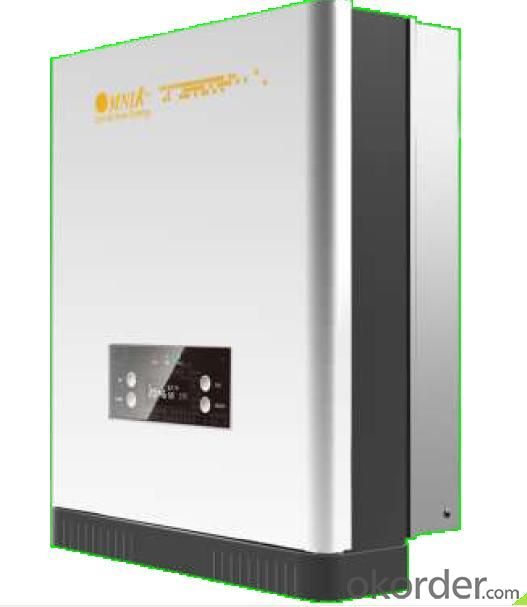
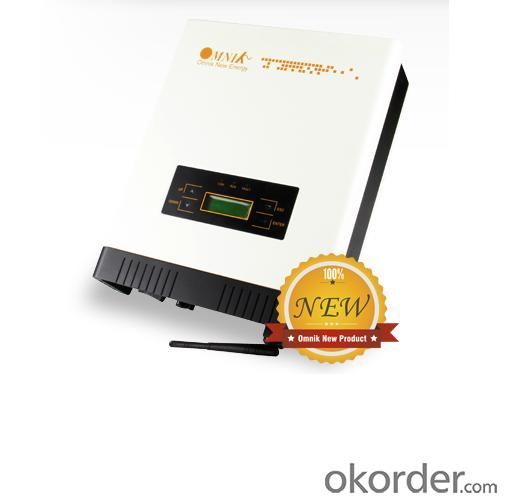
1. How long will my inquiry get response?
Your inquiry related to our products or prices will be replied within 24 hours.
2. Can I get professional service and suggestion?
Well-trained and experienced staffs to answer all your questions in fluent English.
3. Do you accept OEM or customized design?
OEM & ODM, any your customized lightings we can help you to design and put into product.
4. What if I need specific design?
Distributorship are offered for your unique design and some our current models.
- Q: How does shade affect the performance of a solar inverter?
- Shade significantly impacts the performance of a solar inverter by reducing the overall energy production. When a solar panel is partially shaded, it creates multiple voltage levels throughout the array, leading to a decrease in the overall power output. This shading effect causes the inverter to work inefficiently as it struggles to optimize energy conversion. Consequently, shade can significantly hinder the performance and efficiency of a solar inverter.
- Q: What is the role of reactive power injection in a solar inverter?
- The role of reactive power injection in a solar inverter is to help maintain the stability and quality of the electrical grid. Reactive power is required to regulate voltage levels and compensate for any imbalances or fluctuations in the grid. By injecting reactive power, a solar inverter can ensure that the power generated from the solar panels is in sync with the grid's voltage and frequency, helping to maintain proper power flow and prevent potential issues such as voltage sags or surges.
- Q: Does a solar inverter require a separate grounding system?
- Yes, a solar inverter typically requires a separate grounding system to ensure proper electrical safety and protection against potential faults or surges. Grounding helps to divert any excess electrical current away from the inverter and reduces the risk of electrical shocks, equipment damage, or fire hazards.
- Q: How does a solar inverter handle different temperature conditions?
- A solar inverter is designed to handle different temperature conditions by incorporating various protective measures. It typically includes temperature sensors and cooling systems to monitor and regulate its internal temperature. Additionally, it may have heat sinks or fans to dissipate excess heat generated during operation. These features ensure that the inverter operates within its optimal temperature range, maximizing efficiency and protecting it from potential damage caused by extreme temperature variations.
- Q: Can a solar inverter be used for commercial applications?
- Yes, a solar inverter can be used for commercial applications. Solar inverters are commonly used in commercial settings to convert the direct current (DC) electricity generated by solar panels into alternating current (AC) electricity that can be used to power various commercial appliances and equipment.
- Q: Are there any safety risks associated with solar inverters?
- Yes, there can be safety risks associated with solar inverters. While solar inverters are generally considered safe, there are a few potential hazards to be aware of. These include electrical shock, fire hazards, and the release of toxic gases. It is important to ensure proper installation, regular maintenance, and adherence to safety guidelines to mitigate these risks.
- Q: How does a solar inverter affect the overall system reliability?
- A solar inverter plays a crucial role in enhancing the overall system reliability of a solar power system. It converts the direct current (DC) generated by solar panels into alternating current (AC) that can be used to power household appliances and feed excess energy into the grid. By efficiently managing and controlling the flow of electricity, a reliable solar inverter ensures smooth operation of the entire system, preventing power fluctuations, voltage surges, and other electrical issues. Additionally, advanced features like anti-islanding protection and monitoring capabilities enable early detection and prevention of potential faults, further enhancing the system's reliability and performance.
- Q: What safety features should a solar inverter have?
- A solar inverter should have various safety features to ensure safe and reliable operation. These features include overvoltage and undervoltage protection, short circuit protection, ground fault protection, temperature monitoring and protection, and anti-islanding protection. Additionally, it is important for a solar inverter to have proper electrical insulation and grounding to minimize the risk of electric shock.
- Q: Can a solar inverter be used with thin-film solar panels?
- Yes, a solar inverter can be used with thin-film solar panels. Thin-film solar panels have different electrical characteristics compared to traditional crystalline solar panels, but a suitable solar inverter can be selected to match the voltage and current requirements of the thin-film panels.
- Q: Can a solar inverter be used with solar-powered irrigation systems?
- Yes, a solar inverter can be used with solar-powered irrigation systems. A solar inverter is used to convert the direct current (DC) power generated by solar panels into alternating current (AC) power that can be used to operate electrical devices. In the case of solar-powered irrigation systems, the solar inverter would be used to convert the DC power produced by the solar panels into AC power to run the irrigation pumps and other electrical components of the system. This allows for efficient and sustainable operation of the irrigation system using solar energy.
Send your message to us
500W On Grid Solar Inverter Omniksol-1.5k-TL2
- Loading Port:
- Shanghai
- Payment Terms:
- TT OR LC
- Min Order Qty:
- 12 pc
- Supply Capability:
- 3000 pc/month
OKorder Service Pledge
OKorder Financial Service
Similar products
Hot products
Hot Searches
Related keywords
